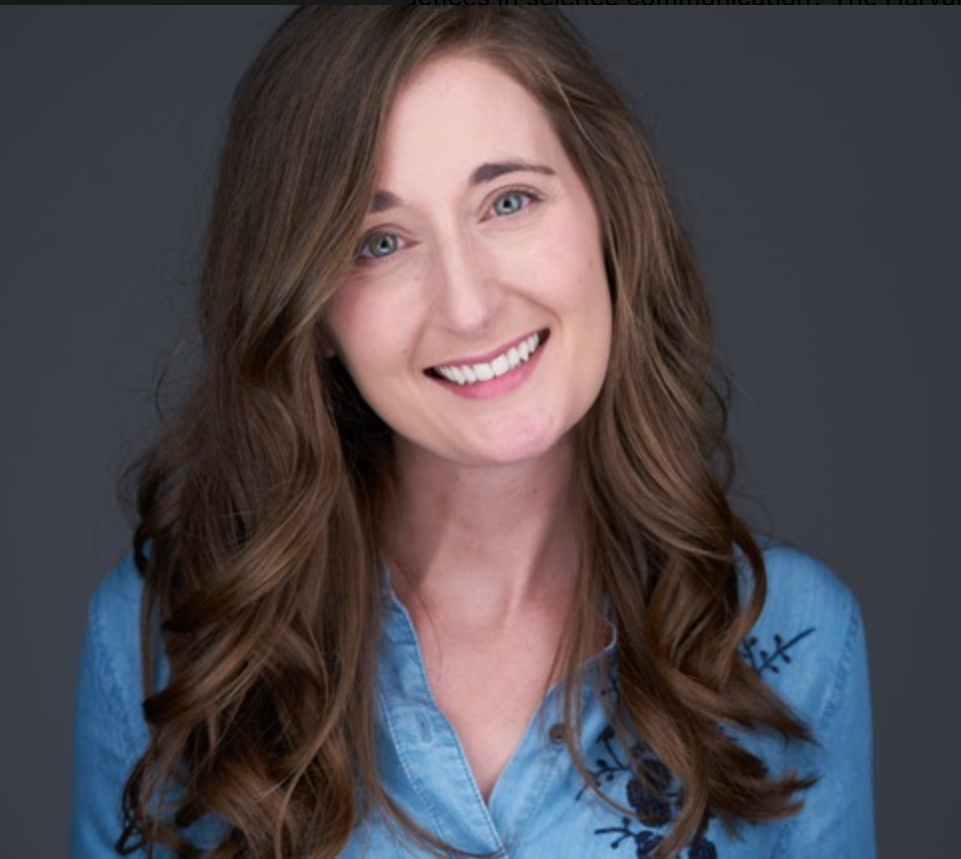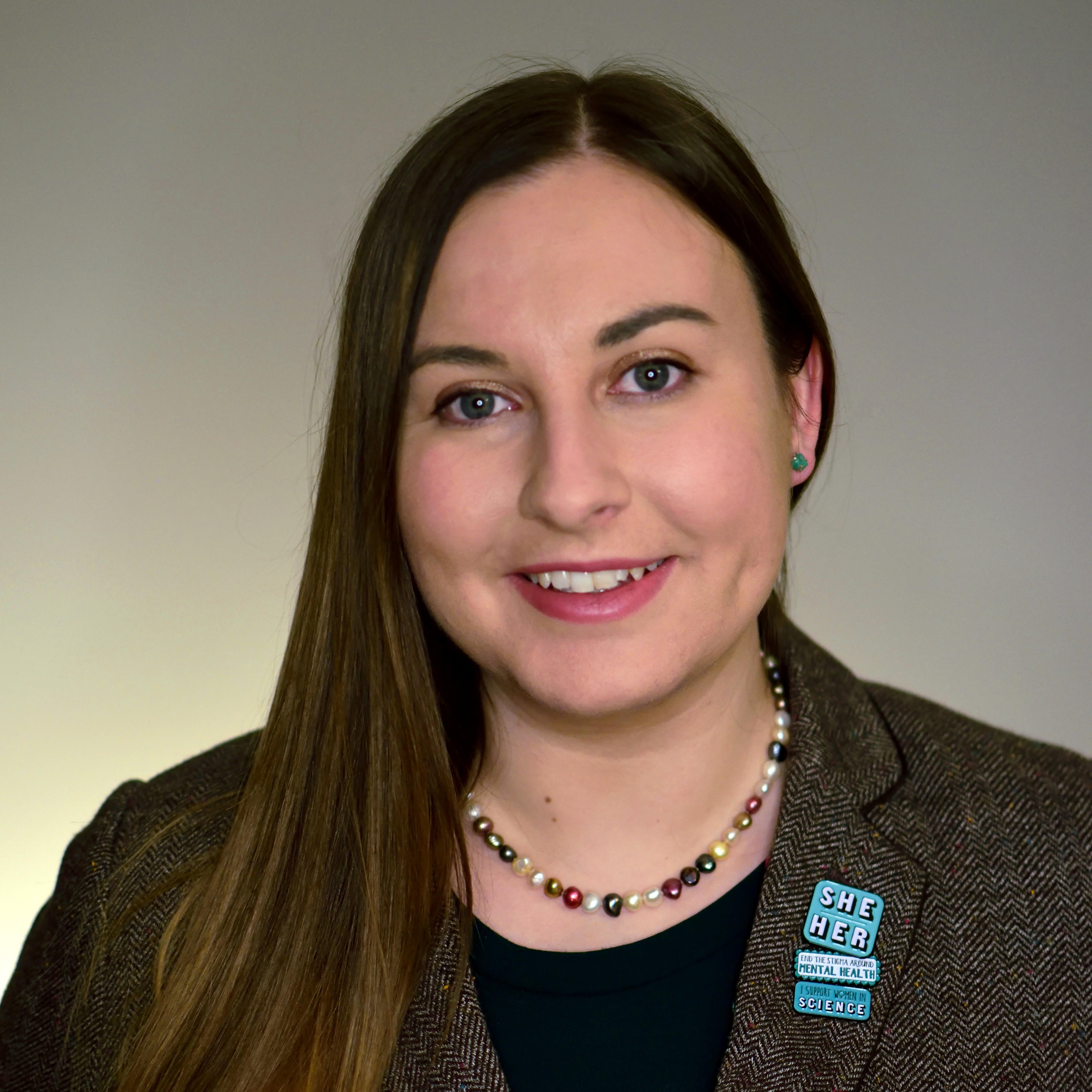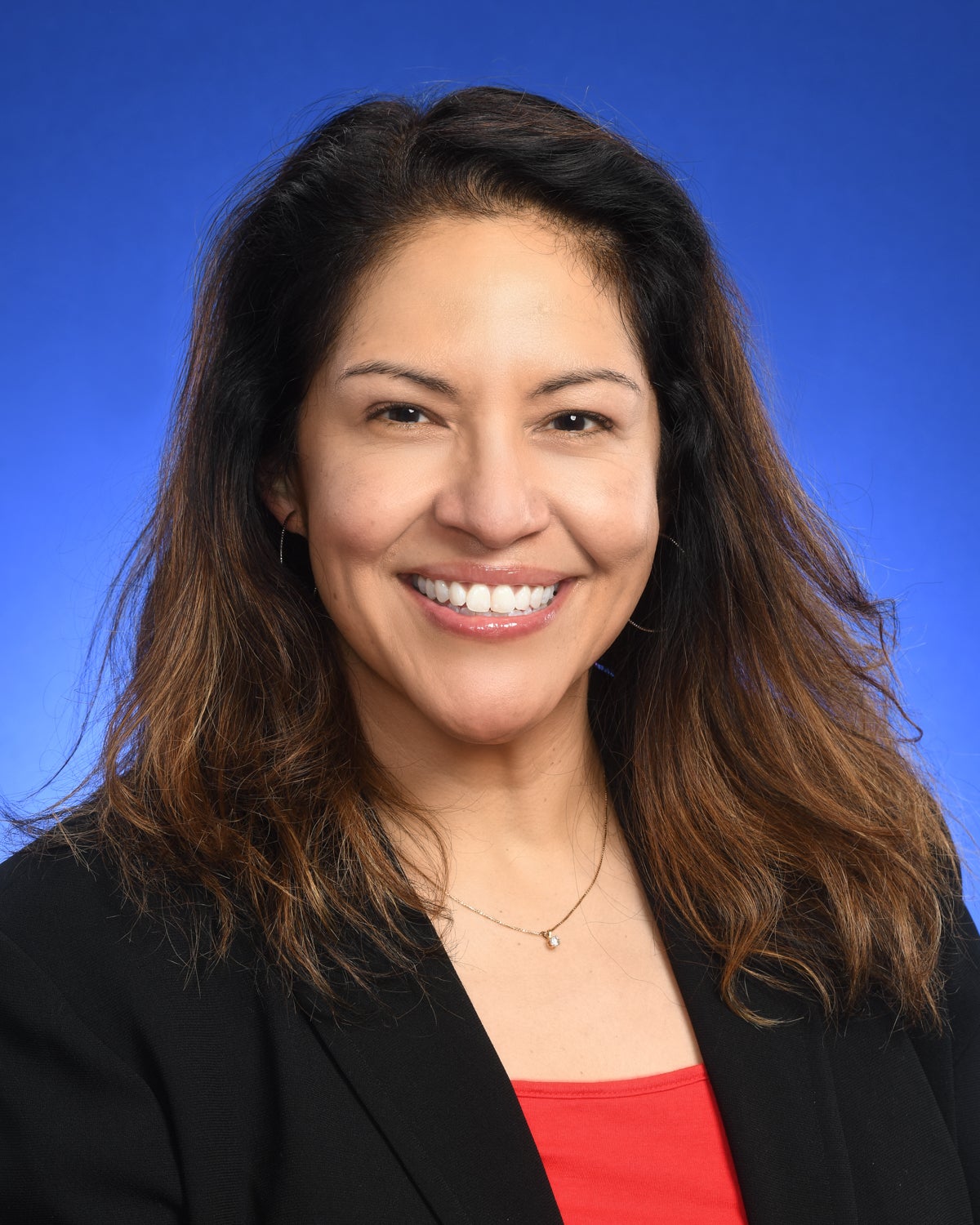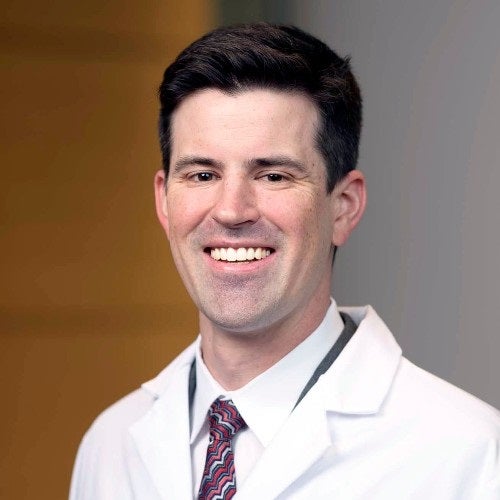For more information:
Email UsWe all are impacted by, and reap the benefits of, medical research discoveries. From over-the-counter drugs, to healthcare policies and educational interventions, many of these advancements are a result of incredible feats, decades of work, and sometimes serendipitous events. Join us as we sit down with Harvard researchers to discuss these captivating behind-the-scenes stories of research.
January 25, 2023
Podcast Retrospect: Conversations from 2022

In this third segment of 2022 episode highlights, researchers discuss health equity, neurotechnology to treat brain disorders, and mental health considerations for biomedical trainees and students.
January 4, 2023
Podcast Retrospective: Episode Highlights of 2022

In this second podcast highlighting segments of the past year, researchers discuss utilizing health and economic data to generate interesting questions, assessing penicillin allergies, tackling healthcare costs in America, the importance of mentorship, and educating homeless youth in LA about HIV prevention.
December 21, 2022
Podcast Retrospective: Exploring Career Paths in Biomedical Research

In the first episode of our series highlighting previous podcasts, we return to insightful conversations with researchers who have taken unconventional paths to form their academic and research careers. This episode first episde of the retrospective series features Dr. Charles Deutsch, Dr. Alex Lin, Dr. Corrie Painter, and Dr. Raj Gupta.
December 7, 2022
Work/Life Balance
What does work-life balance look like for those in academia and industry? In the first episode of our new series, Teresa Evans, PhD, principal consultant for TiER1 Performance, provides guidance on this topic.

Teresa Evans, PhD, is a scientist, leader, and consultant whose passion involves cultivating innovation and performance within commercial and government teams. Currently, Evans is a principal consultant for TiER1 Performance, an employee-owned consulting firm that activates business strategies through people. In this role, she leads projects that help organizations engage their staff, creating high-performing teams and places to work. Evans additionally serves as faculty member at the University of Texas (UT) Health San Antonio, and is founding director of their Office of Career Development. A former partner in a technology accelerator and COO of a clinical research, Evans has commercialization expertise that spans both bioscience and technology. She received her PhD in neuroscience from UT Health San Antonio.
November 23, 2022
Diversifying Your Research Funding
Identifying the various funding sources available to researchers is key to obtaining grants. Caterina Stamoulis, PhD, Boston Children’s Hospital, serves as course director for our Non-NIH Government Funding Agencies course and our Grant Funding for Researchers Certificate. In this episode, she discusses her personal experience obtaining funding and provides guidance for researchers.

Caterina Stamoulis, PhD, is associate professor of pediatrics at Harvard Medical School. Her broad research interests are computational neuroscience, signal processing, neurostatistics, and data science. She leads multiple projects that use large-scale datasets and novel computational tools to elucidate the evolving neural circuitry of the developing brain. Stamoulis completed her undergraduate and graduate studies at Massachusetts Institute of Technology (MIT). She completed her postdoctoral training in neuroscience at MIT and in biostatistics at Harvard T.H. Chan School of Public Health.
November 2, 2022
Mental Health in Science and Medicine: Part 4
What impact does research culture have on mental health and diversity in STEM? Zoe Ayres, PhD, and Juanita Limas, PhD, discuss their recent paper on this subject and share their experiences in both academia and industry.

Zoë Ayres, PhD, is an analytical scientist. After spending several years in academia post-PhD, she is now head of research and development in industry. Ayres is a mental health advocate in her spare time, working towards improving mental health in research settings, primarily focusing on graduate mental health. She works to raise awareness of issues commonly faced by academics through various campaigns and initiatives and is the author of the #mentalhealth poster series on Twitter (you can find her @zjayres). She is author of the book “Managing Your Mental Health During Your PhD: A Survival Guide” published by Springer Nature in 2022.

Juanita Limas, PhD, is an advisor/research scientist in Molecular Pharmacology (DCRT) at Eli Lilly & Company in Indianapolis, IN. Previously, Limas served in the Peace Corps as a community health education volunteer in Nicaragua, where she provided logistical support to the Ministry of Health. Following the suicides of several friends during her PhD, Limas was spurred to start a dialogue with both Howard Hughes Medical Institute (HHMI), as well as the Department of Pharmacology at University of North Carolina at Chapel Hill (UNC-Chapel Hill) surrounding mental health challenges of PhD students in STEM. These conversations led to systemic changes in the HHMI Gilliam Fellowship application process, requiring applicants to understand what types of mental health resources are available at their own institutions as well as requiring students/PIs to address this in their applications. In addition, Limas started a mental health task force within her department, collecting data and starting initiatives surrounding ways to better support graduate students in the department. At the end of her PhD, she collaborated with Zoë Ayres to write a paper about research culture’s impact on mental health. Limas completed her PhD in pharmacology at the UNC-Chapel Hill and her master’s degree in biomedical sciences from Barry University.
October 19, 2022
Mental health in Science and Medicine: Part 3
This episode addresses the importance of mental health and work/life balance with guest Teresa Evans, PhD, principal consultant at TiER1 Performance, who shares findings on the mental health crisis in graduate education.

Teresa Evans, PhD, is a scientist, leader, and consultant whose passion involves cultivating innovation and performance within commercial and government teams. Currently, Evans is a principal consultant for TiER1 Performance, an employee-owned consulting firm that activates business strategies through people. In this role, she leads projects that help organizations engage their staff, creating high-performing teams and places to work. Evans additionally serves as faculty member at the University of Texas (UT) Health San Antonio, and is founding director of their Office of Career Development. A former partner in a technology accelerator and COO of a clinical research, Evans has commercialization expertise that spans both bioscience and technology. She received her PhD in neuroscience from UT Health San Antonio.
October 5, 2022
Mental health in Science and Medicine: Part 2
“I realized there had not yet been a systematic review and meta-analysis looking at depression in residents. So I thought, all right, I’m going to write one. And so I set out to do that,” says Douglas Mata, MD, MPH, Foundation Medicine, about the inspiration behind his research, which focuses on mental health among medical students and residents.

Douglas A. Mata, MD, MPH, is a molecular genetic pathologist at Foundation Medicine and a non-resident tutor in pre-medicine at Harvard College, both in Cambridge, MA. He trained as a resident physician in anatomic and clinical pathology at the Brigham and Women’s Hospital, as a clinical fellow in pathology at Harvard Medical School, and as molecular genetic pathology fellow at Memorial Sloan Kettering Cancer Center. Dr. Mata received his bachelor’s degree in biochemistry from Rice University, his MD from Baylor College of Medicine, and his master’s degree in public health from the University of Cambridge and was a Fulbright Scholar in genetic epidemiology at the European campus of the M.D. Anderson Cancer Center in Madrid, Spain. He is passionate about molecular oncology, medical education, biostatistics, and neuropsychiatry and has a particular interest in the health and well-being of healthcare practitioners, particularly physician trainees. His letters, editorials, and original research have appeared in JAMA, JAMA Health Forum, Academic Medicine, Lancet Psychiatry, NEJM, and PNAS, and his work has been featured in Newsweek, New York Times, Time Magazine, U.S. News & World Report, and the Washington Post. His textbook Statistics for Pathologists is a reference text in pathology medical education.

